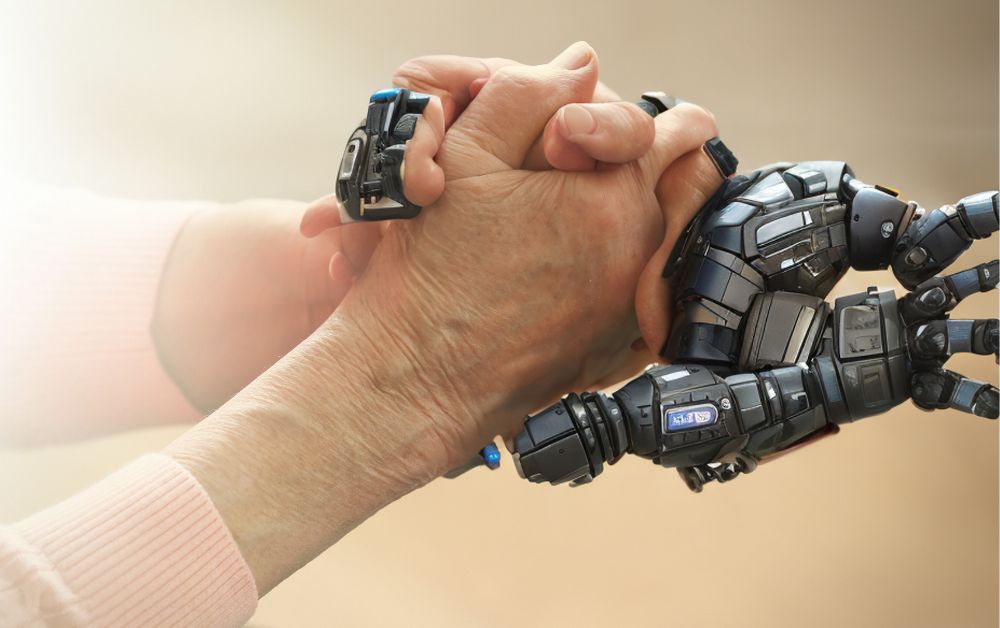Aging can come with its fair share of challenges, but technology is here to help. AI has become a game-changer in assisting older adults, helping them live more independently while staying connected and safe. From virtual assistants to smart homes, AI is reshaping the way seniors experience everyday life. Let’s dive into some meaningful ways AI is lending a hand.
Health management gets tricky with age, but AI makes it easier. Virtual assistants remind seniors to take their meds, book appointments, or monitor chronic conditions, so nothing slips through the cracks. Wearable devices can keep tabs on vital signs, like heart rate and blood pressure, alerting doctors if something seems off.
AI also looks for patterns in health data to predict potential issues. Think of it as an early warning system that can prevent emergencies, like falls or heart problems, before they even happen.
Loneliness can take a toll, especially for those living alone. AI-powered chatbots and virtual companions are stepping in to offer friendly conversations, cognitive games, and even emotional support. They help seniors stay mentally sharp while adding a sense of companionship to the day.
For those with dementia or Alzheimer’s, robotic pets have proven to be comforting companions. These interactive pets provide affection without the responsibility of real animals, making them a perfect match for many elderly individuals.
Living independently is important to many older adults, but safety concerns can make it challenging. AI-powered smart home systems bring peace of mind by keeping an eye out for unusual behavior. Left the stove on? The system can detect it and send alerts to caregivers or family.
Voice-controlled assistants like Alexa and Google Home allow seniors to control their environment with simple commands, whether it’s adjusting the thermostat or turning off the lights. Some systems even detect falls and automatically call for help, offering an added layer of security.
Mobility issues don’t have to hold anyone back. Autonomous vehicles, although still evolving, promise to provide safe transportation for older adults, allowing them to maintain independence. On a smaller scale, AI-powered wheelchairs with obstacle detection make getting around easier, both indoors and outside.
With these advances, seniors can avoid the frustration of relying too much on others for transportation and mobility needs.
Staying mentally sharp is as important as staying physically fit. AI-based apps designed for cognitive training engage seniors with brain games, puzzles, and memory exercises. These apps make learning new things both fun and stimulating.
For those with cognitive decline, AI tools can track behavioral changes and help caregivers or doctors fine-tune treatment plans. It’s like having an extra set of eyes to catch important signals that might otherwise go unnoticed.
Maintaining social connections is essential for emotional well-being, and AI-powered communication tools make it easier than ever. With real-time translation apps, seniors can chat with family members, even if they don’t speak the same language.
Virtual reality (VR) is also bringing a bit of adventure into their lives. Imagine taking a virtual tour of Paris or attending a family gathering through VR—these experiences make it possible to stay socially engaged from the comfort of home.
AI isn’t just helping seniors—it’s also easing the load for caregivers. Remote care platforms allow families and healthcare professionals to monitor loved ones and receive real-time updates. AI can also suggest personalized routines, meals, or activities based on the senior’s needs.
This kind of support creates a better care experience for everyone involved, reducing stress and ensuring nothing is overlooked.
AI is quietly transforming the way older adults live, making daily life safer, more engaging, and easier to manage. Whether it’s a virtual assistant helping with reminders, a robotic pet offering comfort, or a smart home system watching out for hazards, AI empowers seniors to live life on their own terms.
By blending technology with care, AI helps older adults not just to age, but to age well—staying active, connected, and independent for as long as possible. And really, isn’t that what we all want?





